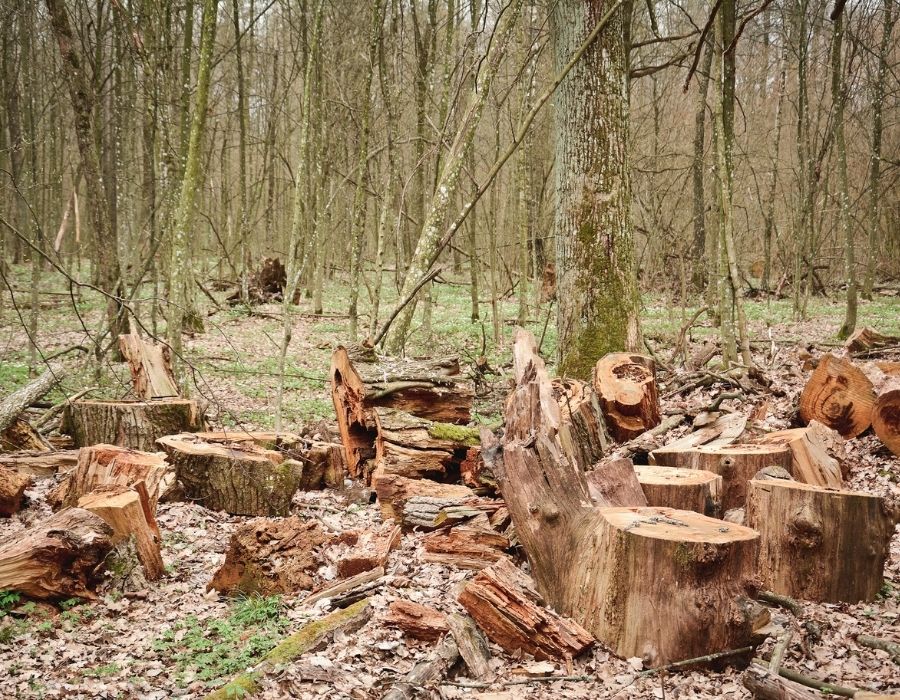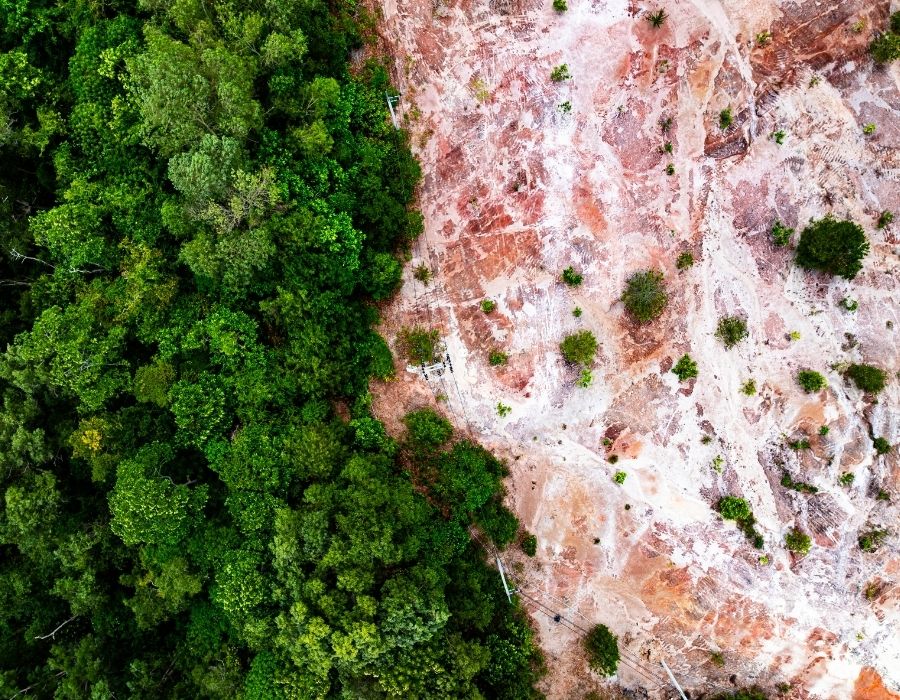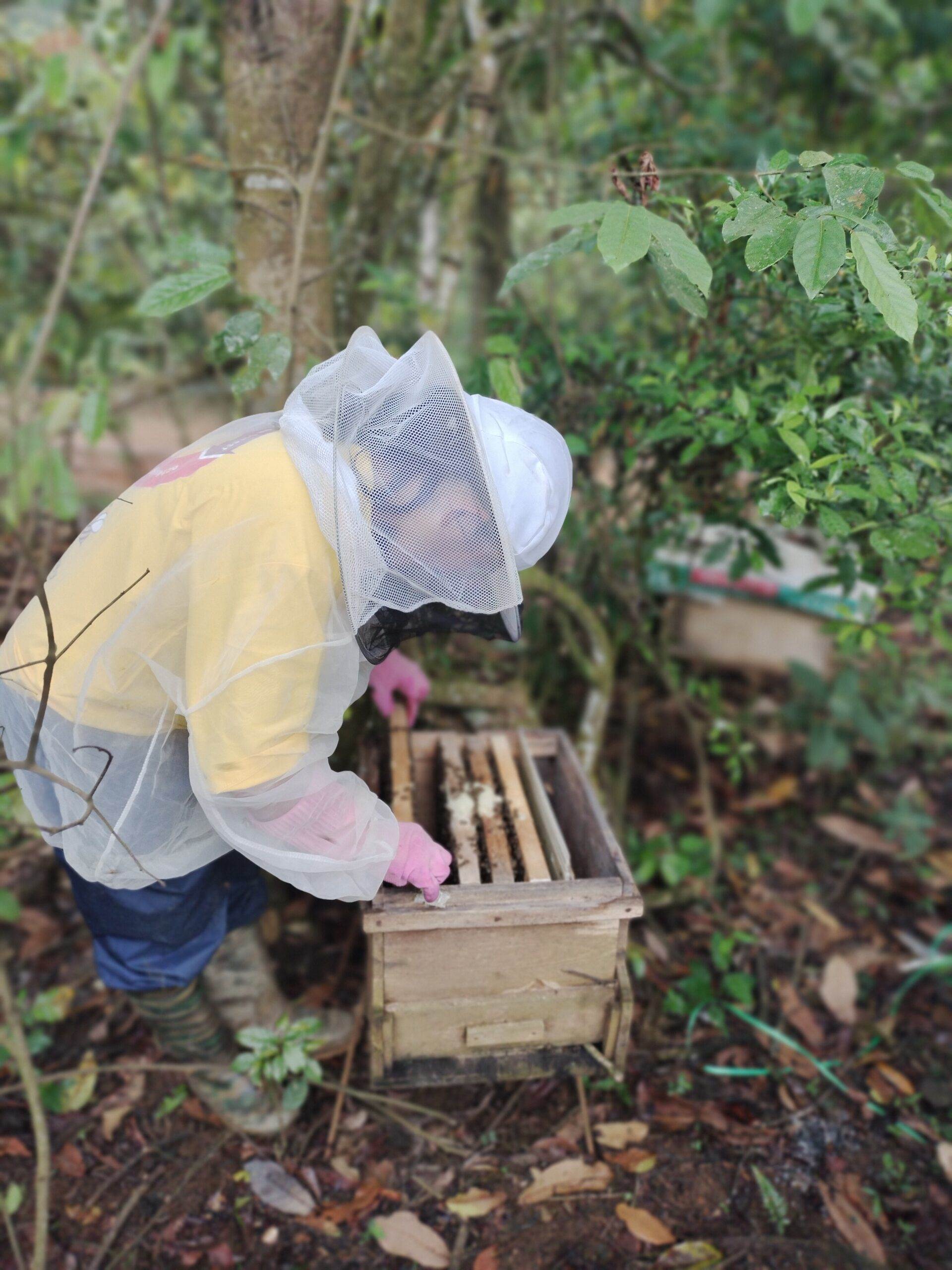Discover the major deforestation effects that threaten our planet’s balance. Learn how tree loss accelerates climate change and destroys wildlife habitats. Explore the social and economic effects of deforestation on human life. Find out practical solutions to reduce deforestation effects and protect our future.
What Is Deforestation?

Deforestation refers to the large-scale removal of trees from forests or other lands for agricultural expansion, logging, urbanization, or mining. While human development has always relied on natural resources, modern deforestation has reached an alarming rate. According to global environmental reports, millions of hectares of forest are cleared every year and the deforestation effects are far more serious than most people realize.
Major Deforestation Effects on the Environment

Climate Change Acceleration
One of the most significant deforestation effects is its contribution to climate change. Forests act as natural carbon sinks, absorbing carbon dioxide from the atmosphere. When trees are cut down and burned, they release stored carbon back into the air, increasing greenhouse gas concentrations. This intensifies global warming and disrupts the Earth’s climate balance.
Loss of Biodiversity
Forests are home to more than 80% of the world’s terrestrial animals and plants. When large forest areas are destroyed, countless species lose their habitats, leading to wildlife loss and even extinction. The effects of deforestation on biodiversity are irreversible in many cases especially in tropical rainforests such as the Amazon and Congo Basin.
Soil Erosion and Desertification
Another critical deforestation effect is soil degradation. Tree roots help bind the soil and retain nutrients. Without them, heavy rainfall can easily wash away the fertile topsoil, reducing agricultural productivity and leading to desertification. This not only threatens local food security but also affects the livelihoods of millions of people who depend on farming.
Water Cycle Disruption
Trees play a vital role in maintaining the water cycle through transpiration the process of releasing moisture into the atmosphere. When forests disappear, the surrounding areas receive less rainfall, rivers dry up, and droughts become more frequent. This demonstrates how the effects of deforestation extend far beyond the forest itself.
Social and Economic Deforestation Effects
The effects of deforestation are not limited to the environment. Indigenous communities who rely on forests for food, medicine, and shelter are among the first to suffer. Their displacement often leads to cultural loss and social conflicts. Economically, short-term profits from logging and land conversion cannot compensate for the long-term costs of environmental damage and reduced ecosystem services.
How to Reduce Deforestation Effects
Mitigating the effects of deforestation requires global cooperation and sustainable practices. Some effective solutions include:
- Reforestation and afforestation: Planting trees to restore degraded lands.
- Sustainable agriculture: Promoting agroforestry and reducing slash-and-burn farming.
- Eco-friendly consumer choices: Supporting certified sustainable wood and paper products.
- Government policies: Enforcing stricter regulations on illegal logging and land conversion.
The deforestation effects we witness today — from rising global temperatures to species extinction serve as a warning sign for humanity. Forests are not just natural resources; they are the foundation of life on Earth. By understanding and addressing the effects of deforestation, we can take meaningful steps toward a sustainable future where economic development coexists with environmental preservation.
Each tree lost weakens our planet’s ability to heal, disrupts the water cycle, and threatens local communities that depend on forests for survival. Protecting forests means protecting ourselves, ensuring a balance between progress and the planet’s long-term health. Together, through awareness, responsible policies, and individual actions, we can restore ecosystems, nurture biodiversity, and secure a greener, more resilient, and truly harmonious world for all.
Each small action contributes to a larger goal — preserving the planet’s green lungs for future generations. One simple yet powerful way to make a difference is by joining Karuna’s Adopt a Beehive initiative. By adopting a hive, you not only help protect endangered bee populations but also support forest restoration, local farmers, and the delicate balance of our ecosystems — a meaningful step toward healing the Earth from the roots up.
